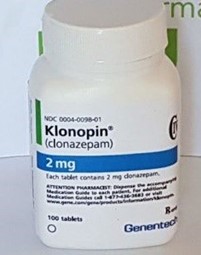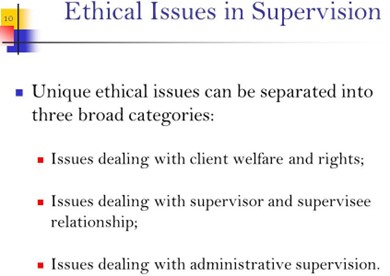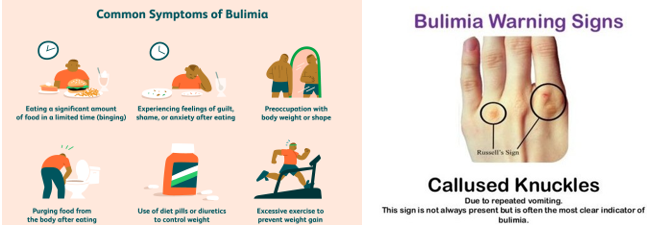A patient experiences an episode of severe anxiety. Of these medications in the patient's medical record. which is most appropriate to administer as an as-needed (PRN) anxiolytic medication?
Select one:
clonazepam (Klonopin)
amitriptyline (Elavil)
olanzapine (Zyprexa)
escitalopram (Lexapro)
The Correct Answer is A
Clonazepam is a benzodiazepine medication that acts quickly to reduce anxiety and promote relaxation. It is commonly used as a PRN medication for acute anxiety episodes.
Amitriptyline (Elavil) is a tricyclic antidepressant that is not typically used as an as-needed anxiolytic medication due to its slow onset of action and potential for side effects.
Olanzapine (Zyprexa) is an atypical antipsychotic medication that can be used to treat anxiety in certain cases, but it is not typically used as a PRN medication for acute anxiety episodes.
Escitalopram (Lexapro) is a selective serotonin reuptake inhibitor (SSRI) antidepressant that is not typically used as an as-needed anxiolytic medication due to its slow onset of action. It is usually taken on a daily basis to provide ongoing anxiety relief.

Nursing Test Bank
Naxlex Comprehensive Predictor Exams
Related Questions
Correct Answer is D
Explanation
The ethical principle of justice refers to the fair and equal treatment of all individuals. In this situation, the nurse is concerned about whether the team is behaving ethically by using different approaches to prevent self-mutilation in two patients. The nurse is questioning whether the team is treating both patients fairly and equally.
Option a. Veracity refers to the principle of truth-telling and honesty.
Option b. non-maleficence refers to the principle of doing no harm.
Option c. Autonomy refers to the principle of respecting an individual’s right to make their own decisions.

Correct Answer is C
Explanation
Russell’s sign is a physical symptom that is associated with bulimia nervosa. It refers to the presence of calluses on the knuckles or back of the hand that are caused by repeated self-induced vomiting.
Option a. Very low BMI is not typically associated with bulimia nervosa. People with bulimia nervosa may have a normal or above-normal BMI.
Option b. Decreased size of parotid glands is not associated with bulimia nervosa. In fact, people with bulimia nervosa may have an enlarged parotid gland due to repeated vomiting.
Option d. Fluid and electrolyte overload is not typically associated with bulimia nervosa. People with bulimia nervosa may experience fluid and electrolyte imbalances due to repeated vomiting and laxative abuse.

Whether you are a student looking to ace your exams or a practicing nurse seeking to enhance your expertise , our nursing education contents will empower you with the confidence and competence to make a difference in the lives of patients and become a respected leader in the healthcare field.
Visit Naxlex, invest in your future and unlock endless possibilities with our unparalleled nursing education contents today
Report Wrong Answer on the Current Question
Do you disagree with the answer? If yes, what is your expected answer? Explain.
Kindly be descriptive with the issue you are facing.
